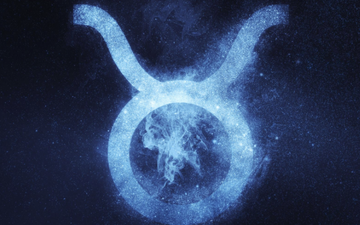
Benign masochism coincides with "the enjoyment of experiences that are initially identified as negative and threatening, but in fact, are not."
Once the brain realizes that there is no imminent danger, pleasure arises. According to "Glad to Be Sad", a research conducted at the University of Pennsylvania, studied this theory, and published it in "Judgment and Decision Making". In it, the psychologist Paul Rozin explained the term and says that "this perception that the body has been deceived by an external factor and that there is no real danger, leads to the feeling of satisfaction".
Researchers believe that benign masochism stems from the pleasure that originates from the combination of positive and negative sensations. A threat that is considered benign, for example trying a very spicy sauce, a sad song that evokes memories, or a horror movie, produces negative emotions (because it is considered a threat by the body), but also positive ones, since the brain understand that there is no real danger. Thus, the desire arises to continue the same activity and to feel pleasure.
The activity, to be considered benign masochism, must induce a tolerable level of negative emotions, since if it exceeds this limit, it no longer produces the desire to continue, on the contrary, people want to stop it as soon as possible.
In this research, Paul Rozin and other psychologists identified a total of 29 activities associated with benign masochism. They stated that sadness, melancholy, fear and disgust, if in the right limits, can promote pleasure in people.
So exactly, when we watch a horror movie, listen to ballads, eat spicy food, touch and squeeze pimples, we are actually experiencing benign masochism, so we have a strong desire to continue.
Suggested articles:





